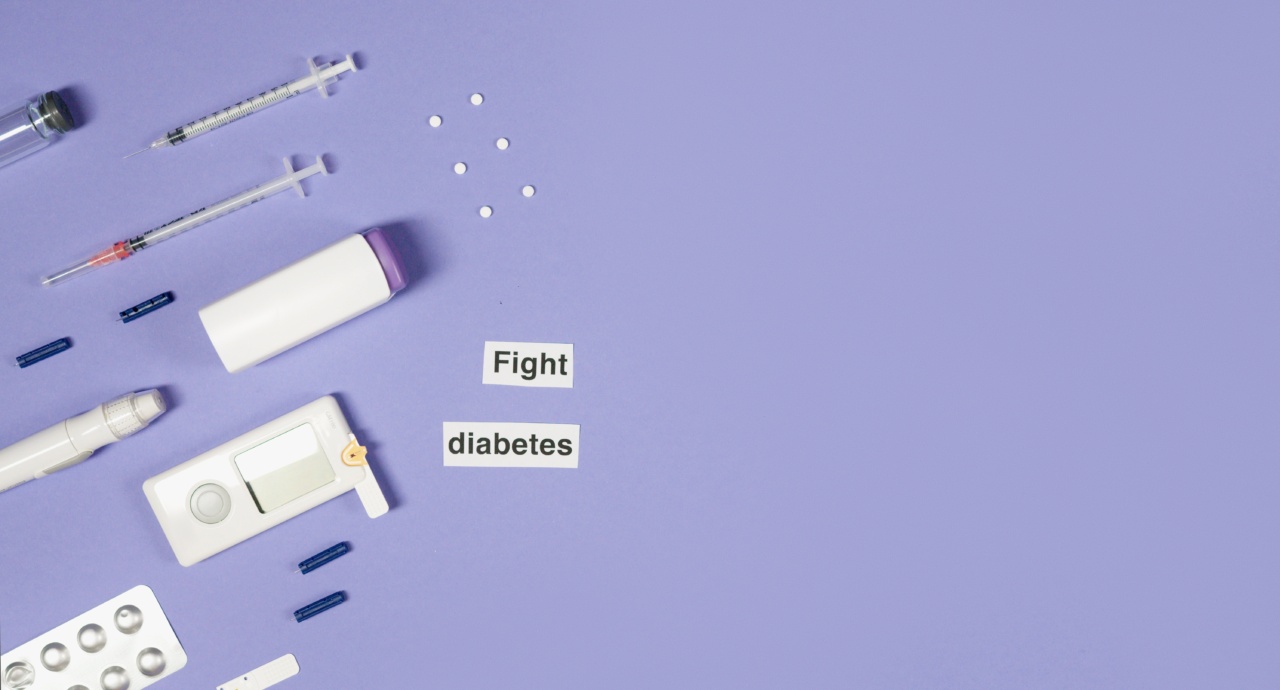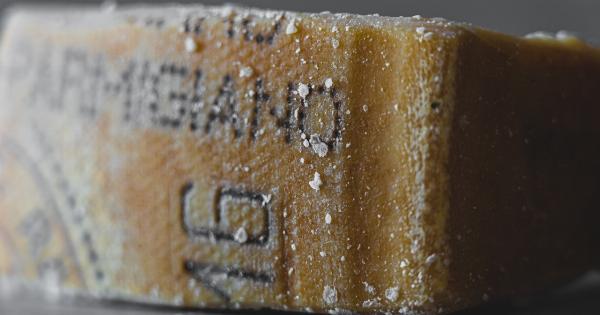Chronic kidney disease (CKD) is a long-term condition that affects the functioning of the kidneys. It is characterized by the gradual loss of kidney function over time, leading to the accumulation of waste products and fluids in the body.
CKD can have a significant impact on a person’s overall health and may increase the risk of developing other serious health complications, such as cardiovascular disease.
The Role of Diet in CKD
One of the key aspects of managing CKD is adopting a healthy diet that supports kidney function and helps mitigate symptoms.
A well-planned diet can help control blood pressure, manage electrolyte imbalance, and reduce the buildup of waste products in the body. Let’s explore some dietary approaches that can be beneficial for individuals with CKD.
1. Limiting Sodium Intake
Reducing sodium intake is important for individuals with CKD, as excessive sodium can increase fluid retention and raise blood pressure. It is advisable to avoid processed and packaged foods, which often have high amounts of added sodium.
Instead, opt for fresh fruits, vegetables, and lean proteins.
2. Managing Protein Consumption
Protein is an essential nutrient, but individuals with CKD may need to carefully manage their protein intake. Consuming too much protein can put additional strain on the kidneys and worsen kidney function.
Speak to a registered dietitian to determine the appropriate amount of protein based on the stage of CKD.
3. Controlling Potassium Levels
Potassium is a mineral that plays a vital role in maintaining healthy nerve and muscle function. However, individuals with advanced CKD may experience difficulty in excreting excess potassium from the body.
It is important to monitor potassium intake and limit consumption of potassium-rich foods, such as bananas, oranges, tomatoes, and potatoes.
4. Adjusting Phosphorus Intake
Individuals with CKD often have high levels of phosphorus in their blood, as the kidneys are unable to excrete it efficiently. Elevated phosphorus levels can lead to bone health issues.
Limiting phosphorus-rich foods, such as dairy products, nuts, and processed meats, is crucial to prevent complications associated with high phosphorus levels.
5. Ensuring Adequate Fluid Intake
While it may seem counterintuitive, adequate fluid intake is crucial for individuals with CKD. Optimal hydration helps support kidney function and prevents the formation of kidney stones.
However, the amount of fluid intake should be tailored based on the stage of CKD and the individual’s specific condition. Consult with a healthcare professional to determine the appropriate fluid goals.
6. Monitoring Calcium Levels
Individuals with CKD often have imbalances in calcium and vitamin D metabolism, which can lead to bone disorders. It is important to consume adequate amounts of calcium to maintain bone health.
Focus on incorporating calcium-rich foods, such as milk, yogurt, cheese, and leafy green vegetables, into the diet. Vitamin D supplementation may also be necessary under the guidance of a healthcare professional.
7. Watching Phosphate Binders
In some cases, individuals with CKD may be prescribed phosphate binders. These medications help control phosphorus levels in the blood. It is important to take phosphate binders as prescribed and at the recommended times to maximize their effectiveness.
8. Considering Vitamin and Mineral Supplementation
Due to dietary restrictions and impaired kidney function, individuals with CKD may require additional vitamin and mineral supplementation.
However, it is essential to consult with a healthcare professional or registered dietitian before starting any supplements, as they can interact with medications and have adverse effects if not taken properly.
9. Individualized Approach
It’s important to recognize that dietary approaches for managing CKD may vary for each individual.
Factors such as the stage of CKD, overall health status, and individual nutritional requirements play a crucial role in determining the ideal dietary plan. Working closely with a healthcare professional or registered dietitian can help develop an individualized approach to mitigate CKD and optimize overall health.
10. Regular Monitoring and Evaluation
While dietary interventions can significantly impact the management of CKD, regular monitoring and evaluation are essential.
Periodic blood tests, urine tests, and consultations with healthcare professionals can ensure that the dietary approach is effective and aligned with the specific needs of the individual.































